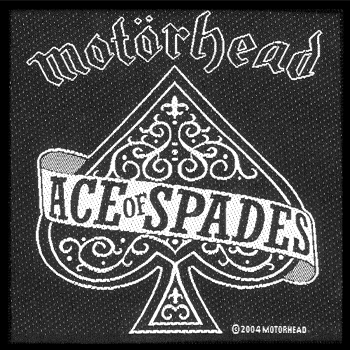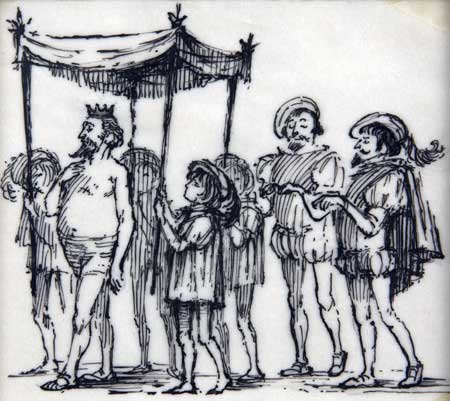Since I’m in the middle of deadline crush, and I spent yesterday afternoon socialising instead of working, just a couple of quick notes.
Vulnerability of Labour’s Capital Gains Tax:
Overall my initial impressions of the CGT and associated policy is that it’s pretty good, but vulnerable to attack. There are the usual economic and ideological objections — full of loopholes, won’t raise enough revenue, raises rents, punishes people for getting ahead, will require more borrowing in the medium term, and so on — but for mine the best attack line rests on the coincidence of taxation rates between CGT and GST. If I were running the National party’s attack campaign, I’d be leading with “Tax off fruit & veg, tax on houses”, or better yet, “tax on bricks & mortar”. Just another of many reasons why GST off fruit & veg is bad policy.
Misunderstanding of Hone Harawira’s Oath Stunt:
So Speaker Lockwood Smith ejected Hone Harawira from Parliament for swearing his oath to the Treaty of Waitangi rather than to the Crown — despite having pulled a similar stunt in 2005 without incident. There is the usual sort of wailing and gnashing about this around the traps, and it seems to have pressed everyone’s ‘sanctimonious outrage’ buttons. What I find strange is that people seem reluctant to see the stunt for what it is — mutual base-arousal, brand politics for both Harawira and Smith. Hone Harawira was, to a large extent, elected to anger and infuriate uptight honkeys like Smith and the KBR and the talkback haters, and inasmuch as his defiance of procedure has achieved that he’s winning. Smith, for his own, has brought a new dignity and solemnity to Parliament, and his personal brand of conservatism requires that he takes a firm stance. Both acted perfectly well to type, and in a sense each has done the other a favour, by granting an opportunity to grandstand. The people who are hating on Hone were never going to vote for him; and likewise for Smith. To an extent there’s also some base arousal by the mÄori party, too — they have fallin in behind Hone, and are calling for the Treaty to be included in the oath. That’s a useful societal discussion to have.
I find it particularly ironical that the sort of people who are so scathing and disrespectful about MÄori ceremony have their dander up regarding this rather minor infraction of procedure; many seem to be raising the counterfactual of ‘imagine the outcry if this happened on a marae!” The thing is, though, in Te Ao MÄori as elsewhere, kawa are made to be broken. How and when and why they are broken, and by whom, is key. With suitable mana, ihi, wehi, you can get away with a lot. There is a famous account of Dame Whina Cooper lifting her skirts to remind the men present to respect where they came from. I think, in these terms, it was much worse for Hone that his korowai fell off.
Contra this view, however, Annabelle Lee-Harris from Native Affairs says she’s heard from left-wing MÄori who are angry with Hone for trivialising and causing another sideshow; that they thought he was “indulgent when MÄori in Te Tai Tokerau are in dire straits’. So maybe I’m wrong. But the bottom line is: Hone Harawira was elected to Parliament by a higher power than the Speaker; all else is procedural.
L





